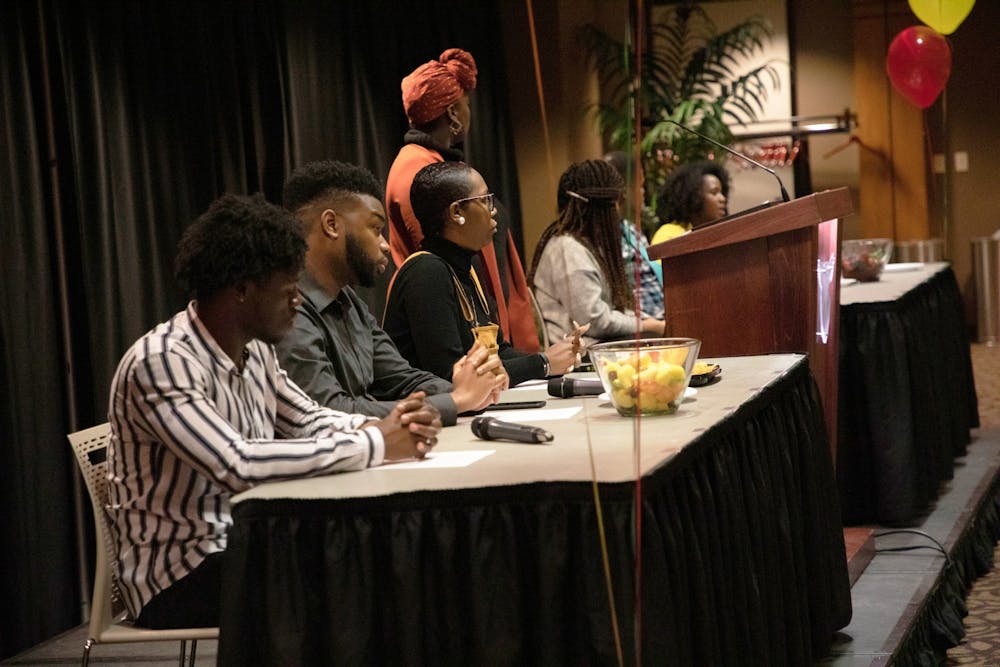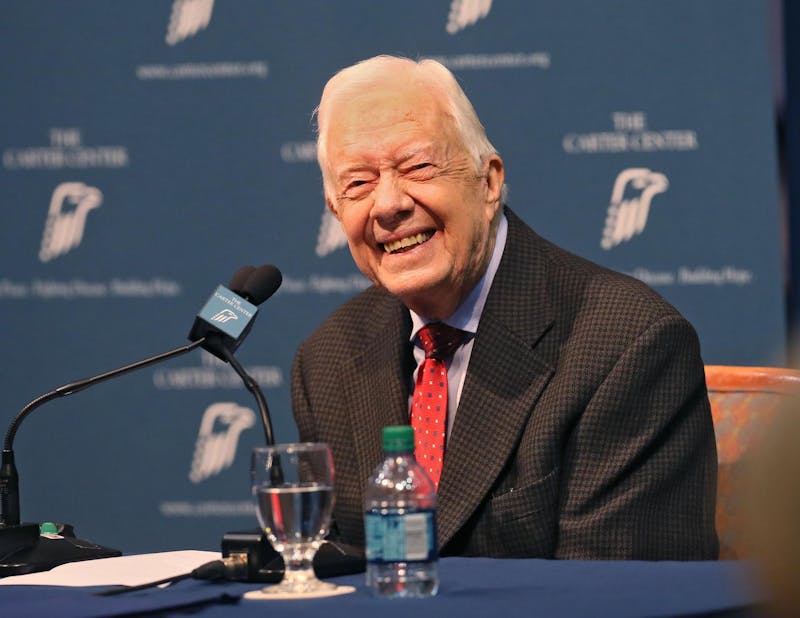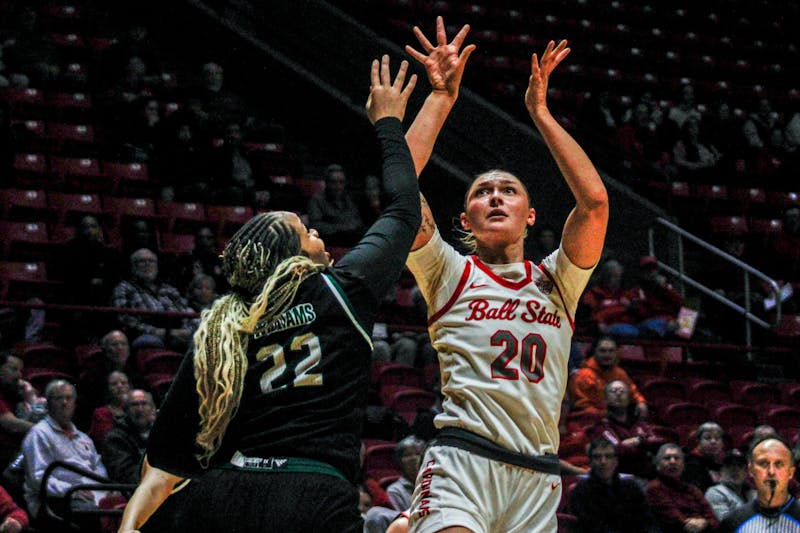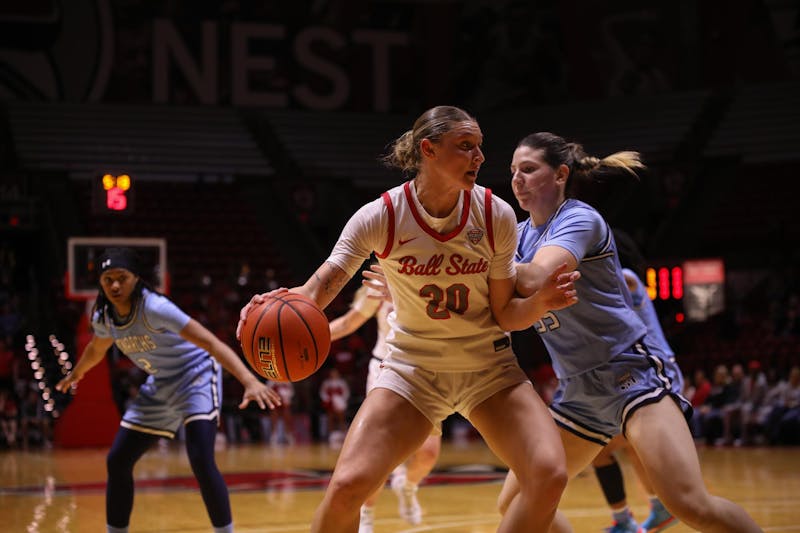The University Program Board’s event held Wednesday evening brought together a panel of black students, faculty and staff from Ball State to discuss issues faced by people of color on campus and how to tackle them.
The Q-and-A-style event titled “Surviving a Predominately White World,” was held at the L.A. Pittenger Student Center in partnership with the Multicultural Center, Alpha Phi Omega, Impact, and the African Student Association.
One of the questions discussed by panelists was the recent incident of the marketing professor Shaheen Borna having the police called on senior business administration major Sultan “Mufasa” Benson during class for refusing to change seats.
Ida Cage, former president of the National Pan-Hellenic Council at Ball State, said as someone from Chicago who knew Benson well, she was upset on learning about the incident.
“Why did it escalate that far? Why was this the initial reaction? Why was this in the syllabus? There’s so many whys when it came down to the situation,” Cage said. “To see [Benson] feel so little in that situation was upsetting to me because no man, no woman, no human being should go through that type of embarrassment, that type of belittlement.”
Bobby Steele, director of the Multicultural Center at Ball State, said one thing he hopes students learn from the incident is what their resources and rights are, and how to take advantage of them.
“It doesn’t mean that you’re going to get the response that you may want,” Steele said. “But I do hope that people speak up because unfortunately, what we hear is that something’s going on for 15 years and it hasn’t reached the right person.”
While students might not always get their desired outcome, he urged students to find the appropriate channels on campus that they can trust to report similar incidents on campus as they occur.
“Sometimes, it takes a paper trail,” Steele said, adding that students should fill out their faculty and staff evaluations. For those students who might be fearful of their grades being negatively affected, he said they can make use of the university’s grade appeal process.
The panelists also spoke about their own experiences when it comes to race at Ball State, covering issues like making use of mental health services, finding safe spaces on campus and commonly faced microaggressions.
Some microaggressions the panelists discussed based on their own personal experiences include people touching their hair, being mistaken for another black person and someone else taking credit for their intellectual work.
“Microaggressions happen at every corner, for me. I’ve walked in buildings and seen faces that typically don’t look like mine,” said Robin Phelps-Ward, assistant professor of higher education at Ball State. “My go-to, when it comes to navigating that is to just connect with people who are in my community that can help me process what’s going on.”
Apart from the importance of their own identities, the conversation also focused on the importance of building allies, creating groups that students feel at home and building a sense of community in a predominantly white institution like Ball State.
Cage said that her experiences at Ball State were rocky in the beginning but began to come together once she found her community.
“Be open,” she said. “Determine who you are and don’t be afraid to tell people who you are.”
Phelps-Ward, who was frustrated by the Benson/Borna incident, said getting together with the Black Faculty and Staff Association and other university faculty helped her personally, and helped the faculty recommend steps for university administrators to respond to the situation.
“Our ability to make change is dependent on our understanding and knowledge of what those processes and policies are,” she said. “Until we build coalitions across faculty, staff and students, we’re not going to make the progress that we are looking for.”
Rohith Rao contributed to this story.
Contact Tierra Harris with comments at tmharris@bsu.edu.





The Daily News welcomes thoughtful discussion on all of our stories, but please keep comments civil and on-topic. Read our full guidelines here.